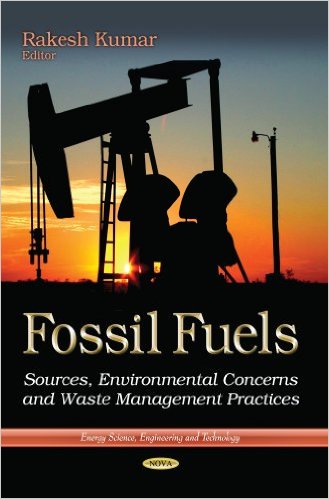 [内容简介]
[内容简介]
The development of low-carbon energy is progressing too slowly to limit global warming. With power generation still dominated by coal and governments failing to increase investment in clean energy, the target of controlling the rise in global temperature is a tough task. This book is written so as to address some of the issues as well as waste management practices of fossil fuels and modified fossil fuels through ten original and very interesting chapters. Carbon sequestration of fossil fuels has been greatly emphasised so as to reduce the carbon footprint. The book starts with an overview of fossil fuels which include oil, natural gas and its hydrates, coal, kerogen shale, and peat. Information on reserves and extraction of each type of fuel is presented in Chapter One. The book continues with Chapter Two, where increased levels of sophistication for fossil fuels have been discussed to alleviate the subsequent depletion of fossil fuels. In Chapter Three partial substitution of coal by renewable biomass in existing coal-fired boilers for power generation is presented.It has been stated that hydrothermal carbonisation (HTC) offers a promising conversion process to upgrade raw biomass feedstock. In Chapter Four, discussion on the types of biomass and the ways to modify the same have been presented. Through Chapters Five to Eight the reader will know the great potentials of gasification, mineral carbonation, geo-engineering and remote sensing in achieving almost zero emission.

 新书报道
新书报道